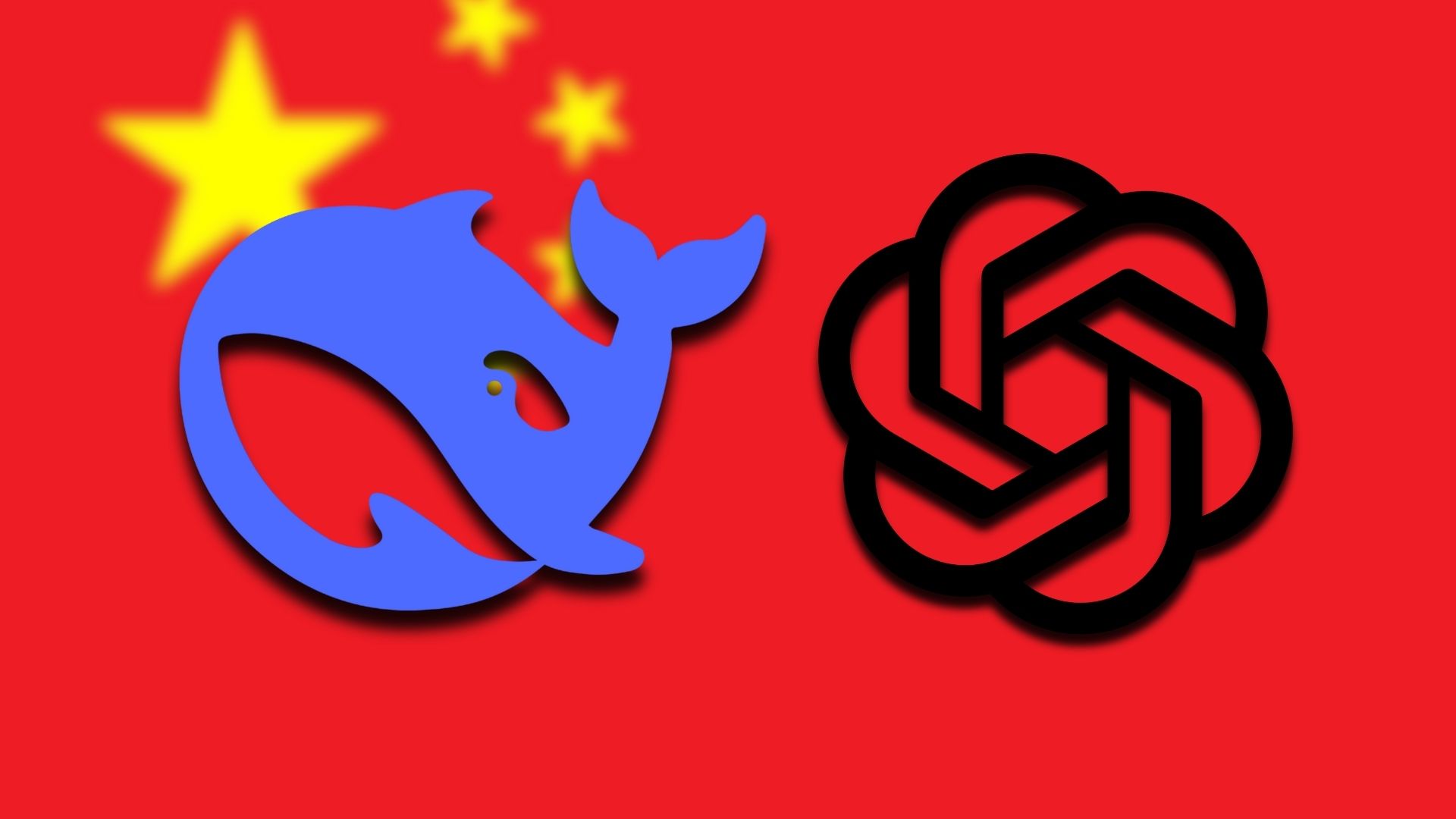Alibaba Group has launched ‘Wonder on Ice,’ an interactive AI showcase at the Milano Cortina 2026 Olympic Winter Games, blending AI and cloud computing to enhance fan engagement. The installation sits in Milan’s Piazza del Castello, set against the historic Castello Sforzesco.
Designed as an immersive space, the showcase highlights AI-powered virtual retail and interactive Olympic experiences. Visitors enter a snow-globe-inspired pavilion where AI guides them through tailored content based on their individual interests.
The opening featured IOC President Kirsty Coventry and Alibaba Chairman Joe Tsai, underscoring a focus on accessibility, sustainability, and global connectivity. The activation also unveiled AIGC Championship winners, with AI-generated winter sports artworks displayed throughout the Games.
Alibaba’s broader Olympic technology programme includes cloud-based broadcasting, AI-driven 360-degree replays, and sustainability systems for energy and carbon optimisation, powered by its Qwen AI models.
Would you like to learn more about AI, tech and digital diplomacy? If so, ask our Diplo chatbot!










